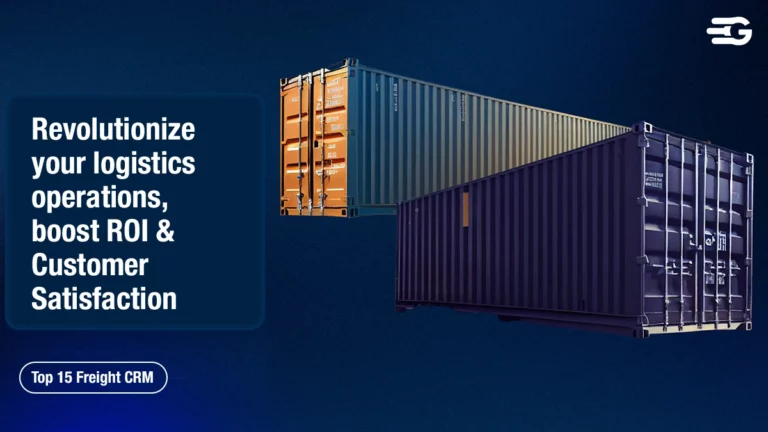What are Shipping Documents?
What are they?
Shipping Documents encompass a diverse set of paperwork and records that accompany goods during the transportation process, providing a comprehensive trail of information from the point of origin to the final destination. These documents facilitate and regulate the movement of goods across borders, ensuring compliance with regulations and serving as crucial proof of ownership, conditions, and terms of the shipment.
How do they help?
Legal Compliance: Shipping Documents ensure adherence to legal and regulatory requirements, including customs regulations, tariffs, and trade laws, governing the transportation of goods across national and international borders.
Risk Mitigation: They serve as vital risk management tools, providing proof of shipment, conditions of goods, and ownership details. Accurate documentation minimizes disputes, delays, and discrepancies during transit.
Facilitating Transactions: Shipping Documents are essential for financial transactions, enabling the release of goods upon completion of specific terms and conditions outlined in the documents.
Why are they needed?
Customs Clearance: Shipping Documents are critical for customs clearance processes. They provide authorities with necessary information to verify the goods, calculate duties and taxes, and ensure compliance with import/export regulations.
Proof of Ownership: These documents establish ownership rights over the goods during transit, preventing unauthorized claims and ensuring that the rightful owner can take possession upon arrival.
Transactional Transparency: Shipping Documents ensure transparency in transactions between buyers and sellers, detailing agreed-upon terms, conditions, and the state of goods at the time of shipment.
Significance:
Legal Standing: Shipping Documents hold significant legal weight, serving as evidence of the contractual agreement between parties involved in the shipment and forming the basis of legal recourse in case of disputes.
Operational Efficiency: They contribute to operational efficiency by streamlining customs processes, expediting cargo handling, and minimizing the risk of delays due to missing or incomplete documentation.
Financial Facilitation: Shipping Documents facilitate financial transactions by providing proof of compliance with agreed-upon terms, allowing for timely release of payments upon meeting contractual obligations.
Key Types of Shipping Documents:
Bill of Lading (B/L): It acts as a receipt of goods, a contract of carriage, and a document of title, acknowledging the carrier’s receipt of goods and their agreement to transport them to the designated destination.
Commercial Invoice: This document provides a detailed list of goods, their value, and other essential transactional information, serving as a billing statement between the buyer and seller.
Packing List: It outlines the contents of each package or container, detailing the nature, quantity, and weight of goods included, aiding in inventory management and customs inspection.
Certificate of Origin: This document certifies the country of origin of the goods and is crucial for determining tariffs, trade agreements, and compliance with import regulations.
Insurance Certificates: These documents detail the coverage and terms of cargo insurance, providing protection against loss or damage during transit.
Export Licenses and Permits: These government-issued documents authorize the export of specific goods and are necessary for compliance with export control laws.
Ensuring Accuracy and Completeness:
Detail-Oriented Approach: Accurate and detailed documentation is essential. Any discrepancies or missing information could lead to delays or potential disputes.
Regulatory Compliance: Staying updated with changing regulations and customs requirements is crucial to ensure the completeness and accuracy of shipping documents.
Verification Processes: Implementing verification processes and cross-checks for documentation accuracy before shipment helps prevent errors or omissions.
In summary, Shipping Documents play a vital role in the logistics chain, ensuring legal compliance, risk mitigation, and transactional transparency. They hold legal standing, contribute to operational efficiency, and facilitate financial transactions. The key types of Shipping Documents include Bill of Lading, Commercial Invoice, Packing List, Certificate of Origin, Insurance Certificates, and Export Licenses. Accuracy, completeness, and compliance with regulations are paramount in creating and managing Shipping Documents, ensuring smooth and efficient cargo transportation across borders.






